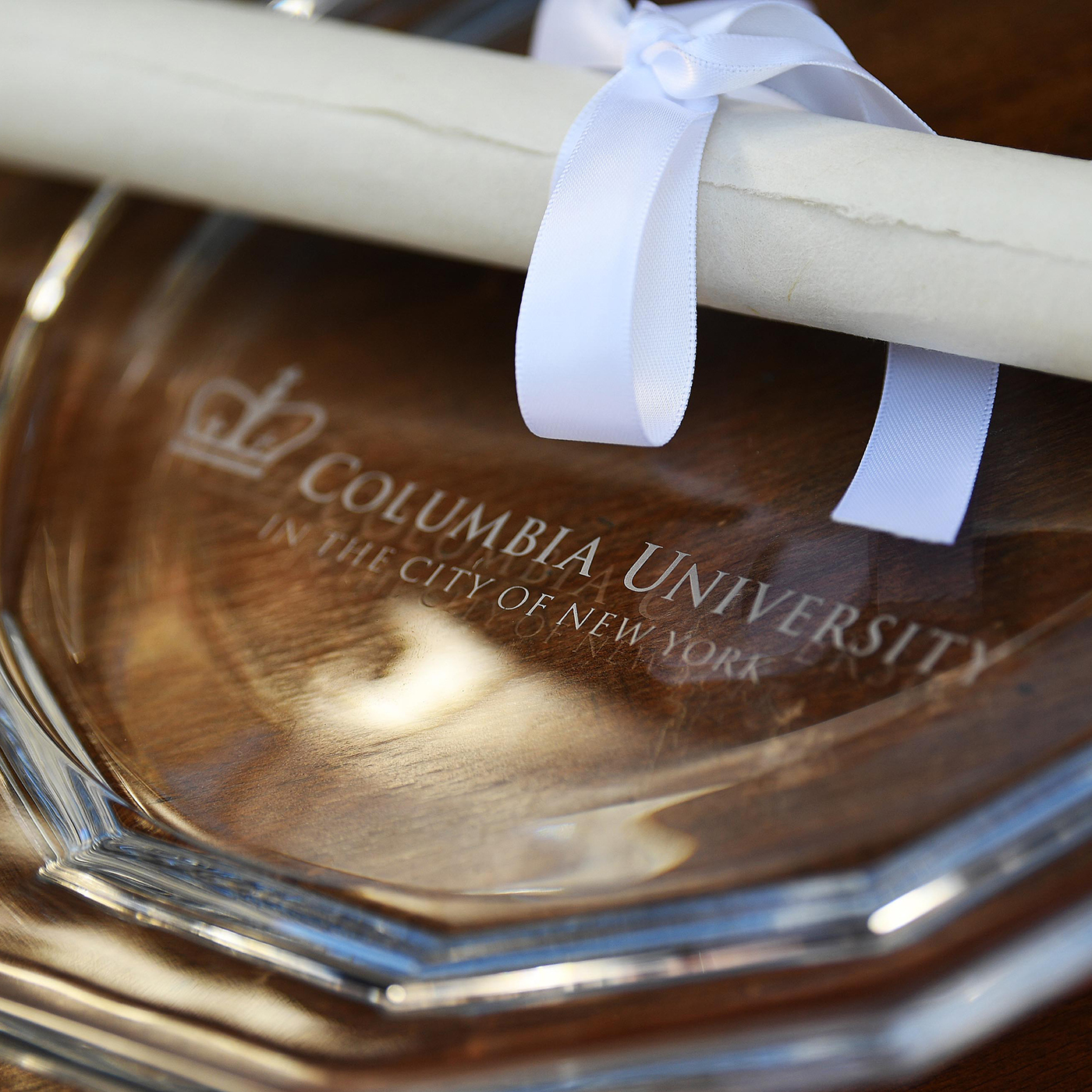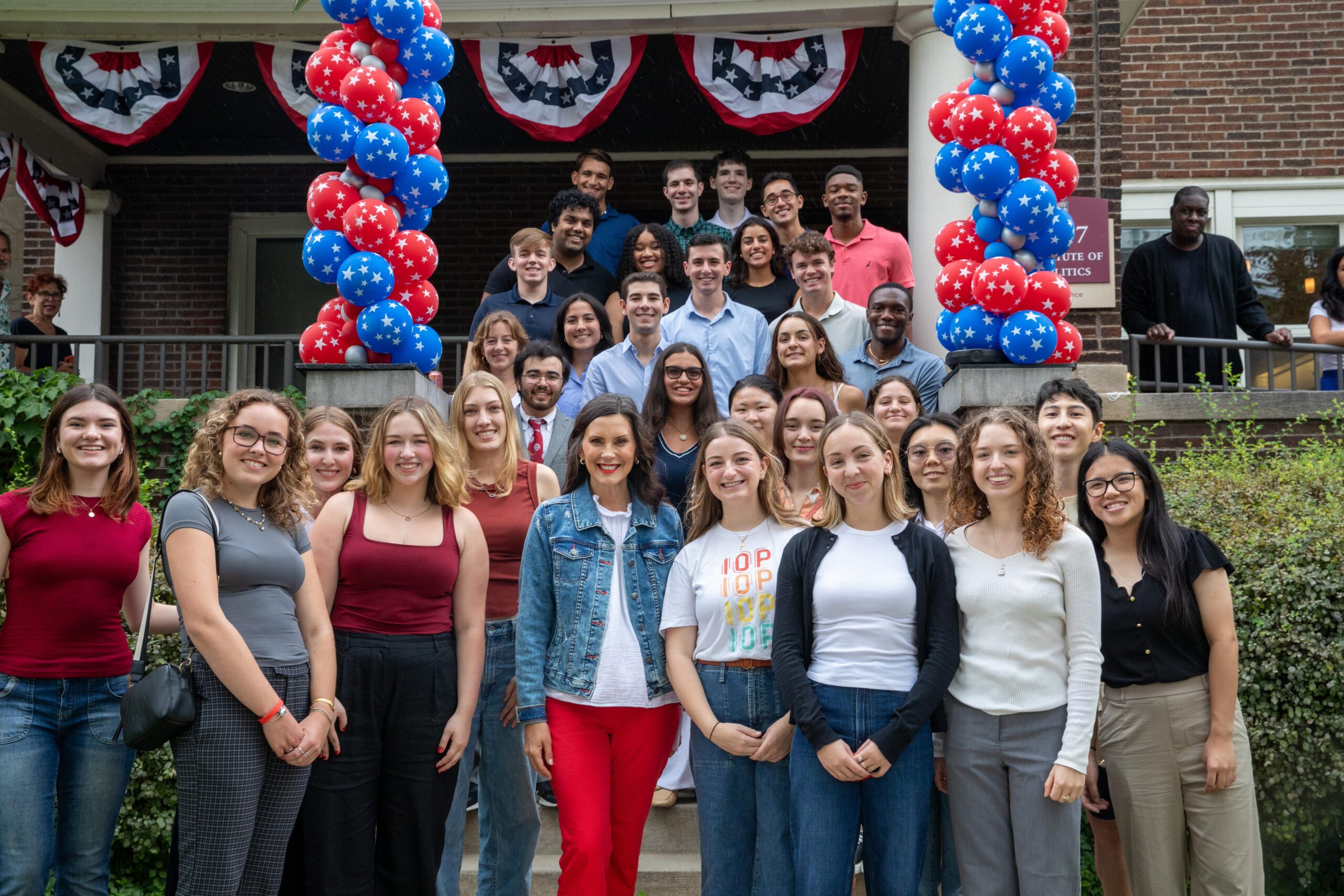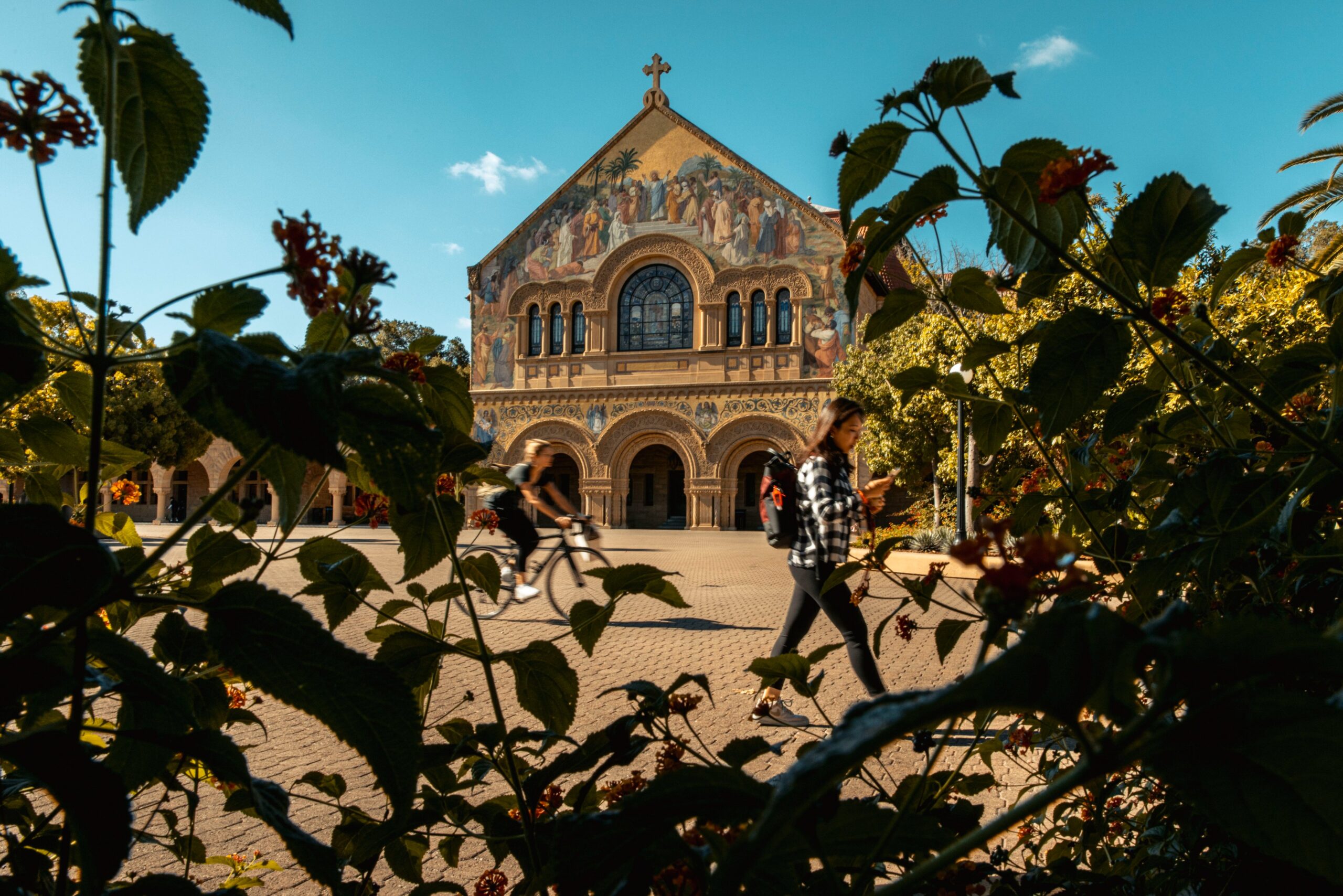Scholarships and Financial Aid at Princeton University
In the landscape of higher education, where tuition costs can be a significant barrier, financial aid programs play a crucial role in making elite institutions accessible to students from diverse backgrounds. Princeton University, a cornerstone of American higher education, stands out for its robust scholarships and financial aid offerings, which have set a standard that other universities aspire to follow. This article delves into the intricacies of Princeton’s financial aid system, exploring its history, benefits, challenges, and the impact it has on the student body and higher education at large.
Background Information: A Legacy of Accessibility
Princeton University’s commitment to financial aid dates back to its early history, but it wasn’t until the early 2000s that the university made a groundbreaking move that reshaped its financial aid policies. In 2001, Princeton became the first university in the United States to eliminate loans from its financial aid packages, replacing them entirely with grants that do not need to be repaid. This initiative was part of a broader effort to ensure that financial constraints would not deter qualified students from attending one of the most prestigious institutions in the world.
The results of this policy shift have been profound. Over the past two decades, Princeton has seen a marked increase in the socio-economic diversity of its student body. As of the 2023 academic year, over 60% of Princeton undergraduates receive financial aid, with the average aid package covering nearly 100% of tuition costs. This commitment underscores the university’s mission to make education accessible to all, regardless of financial background.
Why Princeton’s Approach Matters
Princeton’s financial aid program is more than just a means of supporting students; it’s a reflection of the university’s values. By offering a need-blind admission process and need-based financial aid, Princeton ensures that students are admitted based on merit rather than their ability to pay. This approach fosters a more diverse and talented student body, enriching the educational experience for everyone.
A significant benefit of Princeton’s financial aid program is its impact on student debt. With loans eliminated from financial aid packages, Princeton graduates can enter the workforce without the burden of student debt, allowing them greater freedom in their career choices. This policy has been particularly beneficial for students pursuing careers in public service, education, or other fields that may not offer high starting salaries but are vital to societal well-being.
Addressing Common Concerns
Despite Princeton’s generous financial aid offerings, misconceptions and challenges persist. One common misconception is that financial aid is only available to low-income families. In reality, Princeton’s financial aid program is designed to support students from a wide range of economic backgrounds. The university considers each family’s unique financial situation, including factors such as family size, income, and assets, to ensure that aid is distributed equitably.
Another challenge is the complexity of the financial aid application process. Although Princeton strives to make the process as straightforward as possible, navigating the forms and requirements can still be daunting for some families. To mitigate this, Princeton offers extensive resources, including personalized financial aid counseling, to help students and their families understand their options and complete the necessary paperwork.
Case Studies and Examples & Real-World Impact
The effectiveness of Princeton’s financial aid program is best illustrated through the success stories of its students. For instance, consider the case of a first-generation college student from a low-income family who, thanks to Princeton’s financial aid, was able to attend the university without the fear of accruing debt. This student not only thrived academically but also took advantage of opportunities for research, internships, and study abroad—experiences that might have been out of reach without financial support.
Princeton’s commitment to financial aid also extends to its graduate programs. For example, the Woodrow Wilson School of Public and International Affairs (now renamed the Princeton School of Public and International Affairs) offers substantial financial aid to its master’s and PhD students, ensuring that a lack of resources does not prevent talented individuals from pursuing careers in public policy.
The Evolving Landscape of Financial Aid
Looking ahead, Princeton University continues to innovate in the realm of financial aid. As higher education costs continue to rise nationwide, Princeton’s model of no-loan financial aid packages could influence other universities to adopt similar policies. Additionally, with the increasing focus on socioeconomic diversity in higher education, Princeton is likely to expand its financial aid programs further to ensure that even more students from diverse backgrounds can benefit from its world-class education.
Conclusion
Princeton University’s approach to scholarships and financial aid is a testament to its commitment to accessibility and equity in higher education. By removing financial barriers, Princeton not only opens its doors to a broader range of students but also sets a powerful example for other institutions. As the landscape of higher education continues to evolve, the importance of comprehensive financial aid programs like Princeton’s cannot be overstated. For prospective students, educators, and policymakers alike, understanding and supporting such initiatives is crucial in ensuring that the benefits of a top-tier education are available to all.



